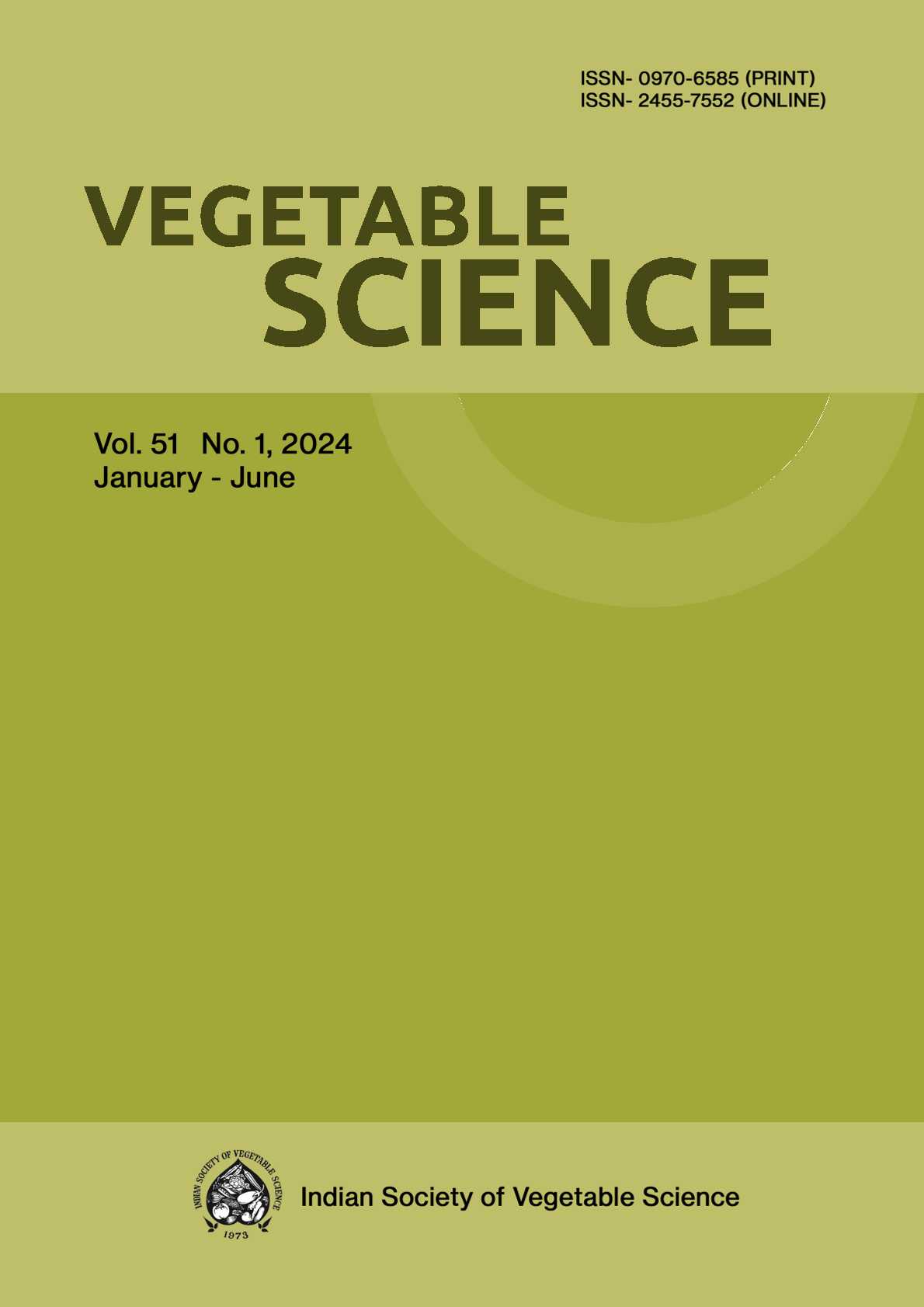Physiological and biochemical basis of drought tolerance in vegetables
DOI:
https://doi.org/10.61180/Abstract
Among all the abiotic stresses to which plants may be exposed, drought-stress is probably the most limiting on plant distribution and productivity, both in low and high rainfall areas. Understanding the physiological and biochemical responses to drought is essential for a holistic perception of plant resistance mechanisms to water-limited conditions and also to design screening techniques for drought tolerance that may be employed in crop breeding. Plants can respond and adapt to water deficit situation by altering their cellular metabolism and invoking various defence mechanisms. Survival under this stressful condition depends on the plant’s ability to perceive the stimulus, generate and transmit the signals, and initiate various physiological and biochemical changes. Responses of different genotypes to water deficit condition have been studied for a long time, and several morphological, physiological and biochemical characters have been suggested to be responsible for drought tolerance in vegetables. In this paper, an endeavour has been made to review the important physiological and biochemical traits that are influenced by drought stress, and may be important indices for identification/screening of drought tolerant genotypes in vegetable crops
Downloads
Published
Issue
Section
License

This work is licensed under a Creative Commons Attribution-NonCommercial-NoDerivatives 4.0 International License.






